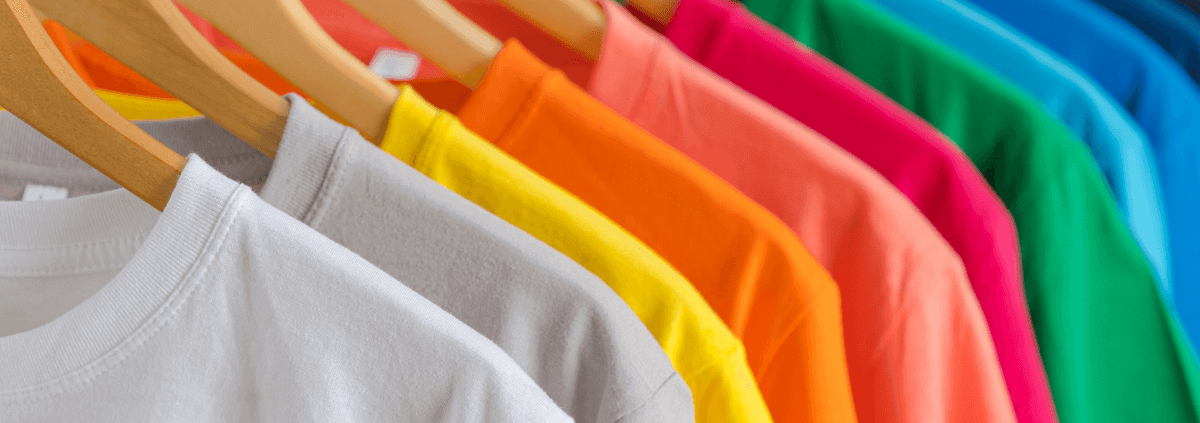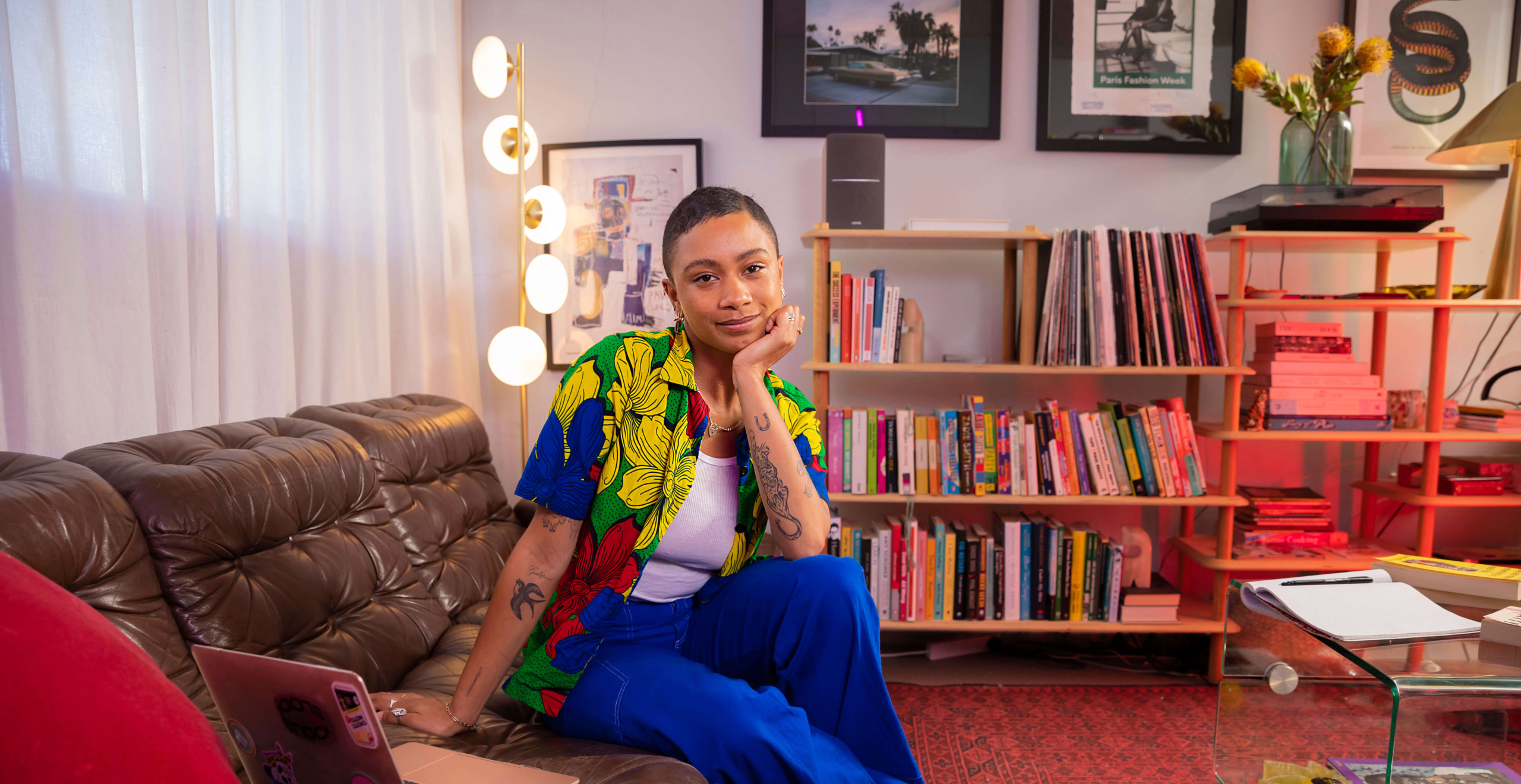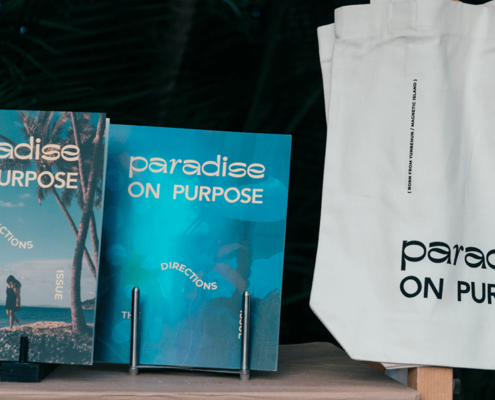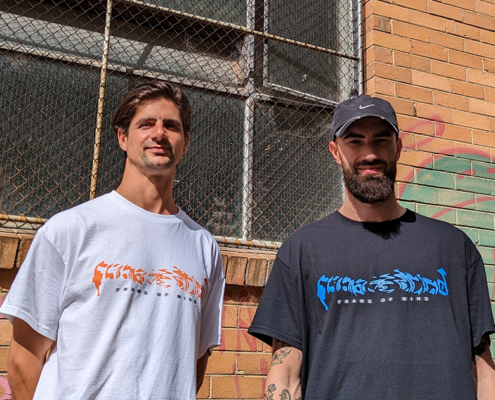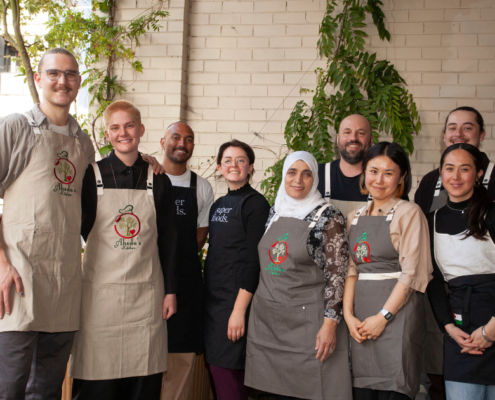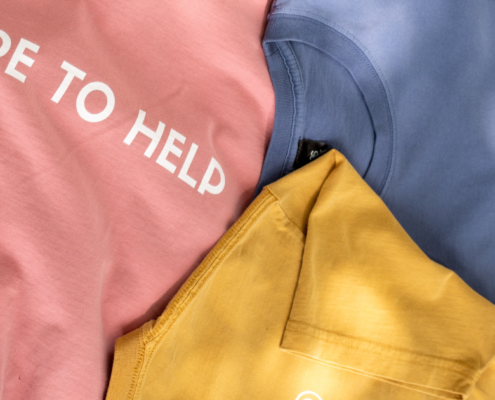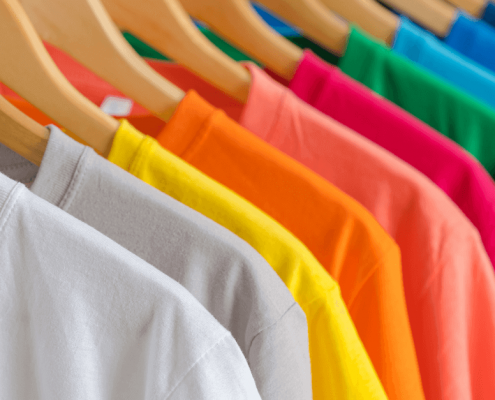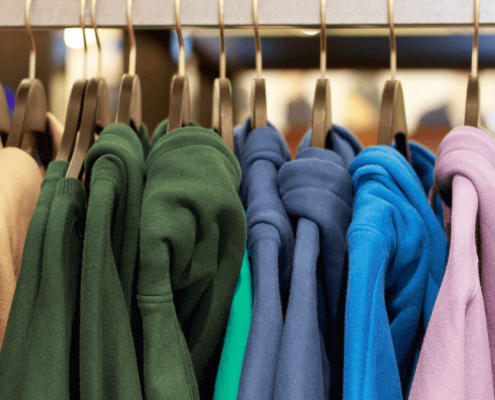While the human race has been recycling clothes through hand-me-downs and scrap sewing for over a millennia, sustainable fashion’s only become talked about for three decades, and it’s just come into the wider public conversation in the last three years. At first, the main push of “ethical fashion” as it was once known was to reduce the human cost of creating clothing: better wages, decent working conditions, and interpersonal equality in the workplace. While that’s still an important part of the current sustainable fashion movement, the term has expanded to incorporate environmental considerations in the production, innovation, purchasing, and repurposing aspects of a garment.
Given that those considerations span the entire breadth of any piece of clothing’s life cycle, sustainable fashion sounds like a huge undertaking, and it is. It’s also vital for not only keeping us in hoodies and blazers in a clean and clear conscious setting but doing so in a way that doesn’t produce millions of tons of fabric-related waste annually as well. Luckily, with the help of long-time affiliates like Gildan and AS Colour who recognize that sustainable fashion is less of a trend or gimmick, and more of a noble necessity, we’ve abridged the subject down to three major pillars: Production, Technology, and You.

Production
Production relates to getting or harvesting the materials needed for the clothes like cotton, refining and fabrication processes to get them into forms that can be used to make clothes, and then distributing and selling them to customers. The materials might not seem to be an issue as most clothing is made out of organic materials that will naturally biodegrade in comparison to plastic and similar synthetic fibers.
Research relating to sustainable fashion shows that to make fields large enough for the quick growing and gathering of materials, rapid deforestation often takes place. Next, the energy-intensive refining process needed to shred, reform, and reassemble the material into usable fabric can potentially involve the usage of harmful chemicals for the bleaching process and similarly risky compounds for dying these fabrics. Even when all the fumes and runoff part so that the completed garments can be rolled out, there’s still a lot of material waste and textile clippings strewn about the shop. So when you glance at a cheap jacket or blouse hoping to cut costs, you might want to consider that the company that made it had to cut corners somewhere down the production line.
 Gildan’s taken bold strides in entering their catalogue and their company into the realm of sustainable fashion. It aims to live up to its two core slogans for ethical fashion, these being “Genuine Responsibility” and “Making Apparel Better”. Not only have their efforts to source and gather responsibility gotten them a place in the U.S. Cotton Trust, but they’ve hosted several reforestation initiatives to compensate for the trees cut down for the sake of the cotton fields they use, gradually making up the difference as they continue to stay competitive. 33% of the energy that powers Gildan facilities comes from renewable energy sources and the company has set up Gildan Biotop, a biological wastewater treatment system, to make sure that the liquids that come out of its factories are dye and chemical free. These sustainable fashion tactics haven’t harmed Gildan’s bottom line, and it’s snagged a Silver Class Distinction Award from the eco-efficiency Sustainability Yearbook last year.
Gildan’s taken bold strides in entering their catalogue and their company into the realm of sustainable fashion. It aims to live up to its two core slogans for ethical fashion, these being “Genuine Responsibility” and “Making Apparel Better”. Not only have their efforts to source and gather responsibility gotten them a place in the U.S. Cotton Trust, but they’ve hosted several reforestation initiatives to compensate for the trees cut down for the sake of the cotton fields they use, gradually making up the difference as they continue to stay competitive. 33% of the energy that powers Gildan facilities comes from renewable energy sources and the company has set up Gildan Biotop, a biological wastewater treatment system, to make sure that the liquids that come out of its factories are dye and chemical free. These sustainable fashion tactics haven’t harmed Gildan’s bottom line, and it’s snagged a Silver Class Distinction Award from the eco-efficiency Sustainability Yearbook last year.
 AS Colour has affiliated itself with a host of programs and social enterprises to make sustainable fashion well… fashionable. It’s allied with the Better Cotton Initiative to encourage better and more sustainable cotton production worldwide. When it comes to fabrication, the results are measured up to concrete OEKO-TEX standards to make certain that the vibrant hues and tones of these newly assembled threads aren’t concealing anything dangerous. The legacy of ethical fashion can also be found alive and well in AS Colour’s joint efforts with the Amfori Business Social Compliance Initiative and REEMI, making sure worker and workplace conditions are up to code and an acceptable level of common decency.
AS Colour has affiliated itself with a host of programs and social enterprises to make sustainable fashion well… fashionable. It’s allied with the Better Cotton Initiative to encourage better and more sustainable cotton production worldwide. When it comes to fabrication, the results are measured up to concrete OEKO-TEX standards to make certain that the vibrant hues and tones of these newly assembled threads aren’t concealing anything dangerous. The legacy of ethical fashion can also be found alive and well in AS Colour’s joint efforts with the Amfori Business Social Compliance Initiative and REEMI, making sure worker and workplace conditions are up to code and an acceptable level of common decency.

Technology
Sustainable fashion isn’t just about cleaning up messes and producing responsibly though. Far from being a conservative and cyclical trend, it encourages innovation in pursuit of a guilt-free wardrobe. A lot of exciting technology is being invented in this field every year. Bamboo cotton has been found to have both naturally occurring antibacterial and antifungal bio-agents, allowing for less fragrant garments whether they be outer or under. Kombucha leather is a vegetable leather that was created from sugar, yeast, water, SCOBY, and tea leaves, giving owners the look and feel of leather with none of the meat. Rest assured, with this movement just picking up steam, this component of sustainable fashion is only going to get wilder and better.

You
The last big pillar of sustainable fashion is, of course, you the customer. Your thoughts, sentiments, suggestions, and proclamations for higher workplace standards and worker treatment sparked the ethical fashion movement, which eventually picked up steam into the sustainable fashion school of activism we have today. As for what you can do presently, you ought to keep up that same momentum that’s carried the industry this far.
There are more customers than there are businesses and producers, so you shouldn’t underestimate what you’re capable of. Besides reducing your carbon footprint by hang-drying rather than using a dryer, and the typical reuse and recycle methods, considering remastering the clothes you have; turn a shirt or hat you own into one that is distinctly yours. Why search other stores for designs you’ll love when you can commission your own?
The Print Bar has a beefy selection of template clothes from Gildan, AS Colours, and other companies who are big into sustainable fashion. Or you can send over clothes you do have, and we can take it from there: names, images, slogans, illustrations, and more are all printable. Whether you buy your threads today, yesterday, or tomorrow, you can make it sustainably yours with The Print Bar!

